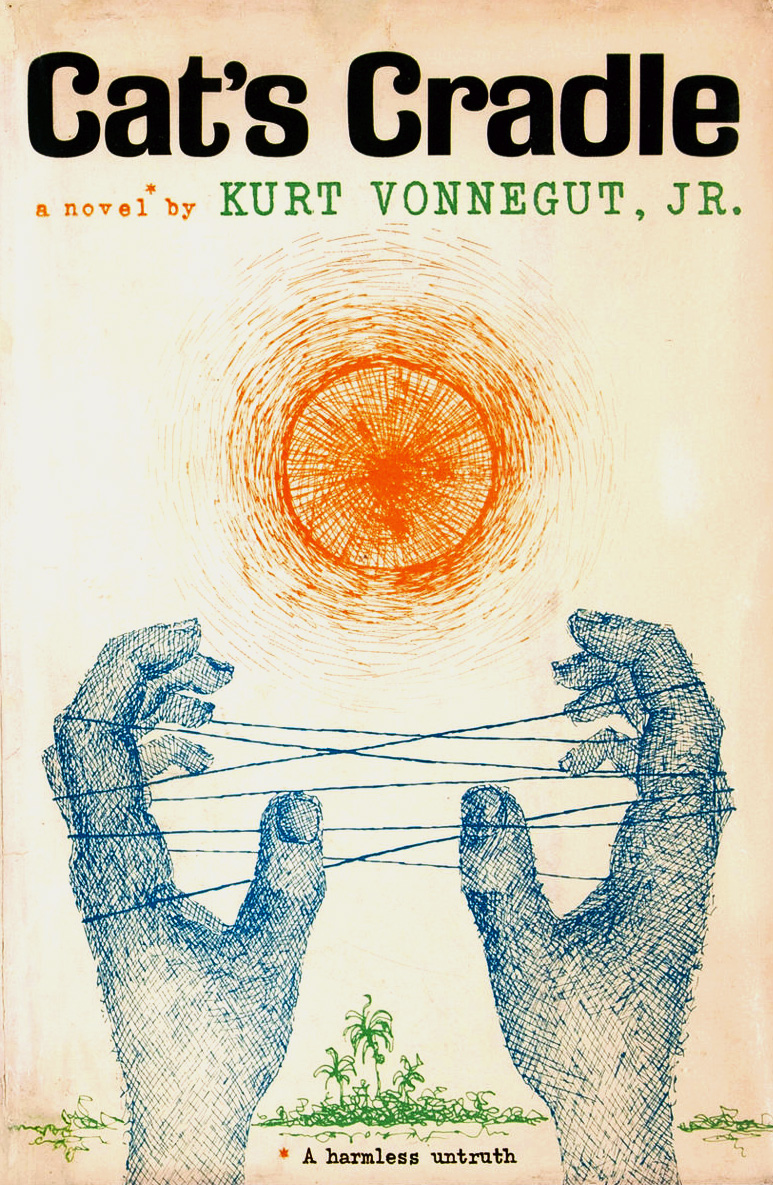We need a way of taxonomising religious futurisms due to the wide range of territory the term covers. There are three main strands of religious futurism, with a number of additional topics that are at least cognate or germane.
The first, and perhaps most recognisable, form of religious futurism simply describes futurisms derived from existing terrestrial religions, for example Islamofuturism. This form also includes futurised hybrids of these religions, such as the Zensunni and Orange Catholic beliefs described in Frank Herbert’s Dune.

A second rich category of religious futurism relates to religious belief systems, or nascent belief systems, which are either influenced by or directly derivative of SF, for example the Church of Scientology or Jedi beliefs.

An additional main strand of religious futurism, what we might term creative or speculative religious futurism, relates to invented religious faiths ascribed either to future populations or alien civilisations in SF and cognate genres, such as the Church of All Worlds in Robert Heinlein’s Stranger in a Strange Land, or Bokononism, which Kurt Vonnegut invented for his novel Cat’s Cradle.
Where we get some lack of clarity is in overlaps. There is evidence, for example, that religious futurisms of this latter category can migrate into the previous one. There is some evidence, for example, of people pursuing Bokononism in reality, and clearly Jedi commenced as a created belief system depicted within the Star Wars universe, and was not originally intended to be a religious belief. Indeed, to become one, it had to be fleshed out with doctrine by fans.

But then what of something like Scientology, which emerged from L. Ron Hubbard’s work on Dianetics, and was clearly influenced by his own career as a SF author, but was presented to the world as a revelatory knowledge? Or what of Mormonism, also presented to the world as a revelation, but one which in its origin story as told by proponents clearly contains elements of fantastika, if not overt SF futurism?
There are other anomalies too. What do we make of the non-theist belief system propagated in Iain M. Banks’s Culture novels, where most of the population believe the universe they inhabit to be a simulation? This particular theory, first popularised by Nick Bostrum, is gaining a lot of traction among both physicists and the general public. Is it, too, a religious futurism? Is religious even the correct descriptor? Is futurism?

As we expand in focus, the anomalies proliferate in this regard. Given the fantastikal aspect of most revelatory origin stories for religions, are we to retroactively consider all religions as religious futurism at an early stage of their development? If we locate the concept of futurism as relative to now, ie the present day, does that simply create a kind of moving walkway, in which, perhaps, Jedi beliefs will at some point cease to be religious futurism and simply become religion? What, other than the passing of time, is required for it to qualify otherwise?
In my own work on SF and Catholicism, I’ve sought to identify how the Anglophone literary tradition of SF constantly depicts Catholicism of the future as a threat – oppressive, anti-science, threatening to democracy and liberty, totalitarian in many aspects.
But this Catholic futurism is not the same as describing the actual likely organic evolution of Catholicism, which has to its credit, played a significant role in a range of scientific development from genetics to astrophysics, and which in its liberation theology form in Latin America has strenuously defended liberty and democracy from totalitarian regimes.
In other words, I wasn’t attempting to predict the future of Catholicism at all, but rather to chart what future Catholicism signified to the Anglophone culture of the recent past.
Likewise, we need to distinguish Islamofuturism from actual potential futures of Islam, though again the anomalies proliferate. What are we to make of Saudi Arabia, a highly conservative Islamic state, granting citizenship to a robot, the first ever robot citizen of any nation?

I don’t claim to have easy answers for such questions. What I hope is that scholars of art, culture, the future and theology can start asking them and similar ones. Only collaboratively can we hope to close in on a working definition of religious futurism.
